Nigeria’s Minister of Power, Adebayo Adelabu, has expressed concerns about the dearth of infrastructure in the power sector which according to him, is a major factor accounting for poor power supply across the country.
Adelabu, who spoke at a ministerial press briefing held in Abuja on Friday, highlighted various challenges in the power and the policies and actions of the Federal Government towards addressing them.
Join our WhatsApp ChannelREAD ALSO: This Customary National Blackout
According to him, the challenge of infrastructure deficit cuts across the generation, transmission and distribution segments of the electricity sector.
The minister cited cases of obsolete and decrepit infrastructure being used for power generation, transmission and distribution, noting that such accounts for poor electricity supply and liquidity crisis in the system which also discourage investments in the value chains.
READ ALSO:
On the consumer segment, he said there is over 55 per cent metering gap which also account for huge revenue losses.
He explained that the Federal Government decided to embark on a phased removal of electricity subsidy to relieve it of financial burden in a way that will not hurt the citizens. According to him, the increase in electricity tariff for customers on Band A announced by the Nigerian Electricity Regulatory Commission (NERC) on Wednesday is part of that phased electricity subsidy removal.
He said the only way to solve the problem is to adopt the cost-reflective tariff model to be able to recover the cost of production.
The minister said: “You can see the high infrastructure deficits across these segments (generation, transmission, and distribution).
“It requires money for us to enhance these segments. It requires money to replace deteriorating equipment, establish new power plants, repair pipelines, install boosters and compressors for adequate pressure.
“The money to do them are not coming because of lack of liquidity. Investors are not coming in because they do not see a line of sight of recovery of their investments not to talk of making profits. The bankers are not lending because it is not attractive to lenders, it is not bankable. Bankers can not see the line of sight of how the money they lend to us could be repaid.
“So, you see that this infrastructural deficits can only be fixed if the issue of liquidity is settled.”
According to him, the government had before the new tariff increase, been subsidising up to 67 per cent of the total production costs in the power sector which translates to trillions of naira going by the current exchange rate.
The minister called on Nigerian electricity consumers to show understanding with the government policies regarding power sector reforms, adding that the move to increase tariff is to reduce subsidy burden and that the government would not impose any policy that would worsen the plight of the citizens.
The power minister asserted that the current N225 per Kilowatt-hour tariff rate for Band A customers is far cheaper than what it costs to generate the same amount of power with diesel-powered generators.
Consumer Protection.
The minister also reassured that the ministry would continue to work towards protecting the rights and interests of consumers so that they always receive services commensurate to what they pay.
He reiterated that DisCos that fail to meet their obligations in terms of power distribution would be sanctioned.
Victor Ezeja is a passionate journalist with six years of experience writing on economy, politics and energy. He holds a Masters degree in Mass Communication.

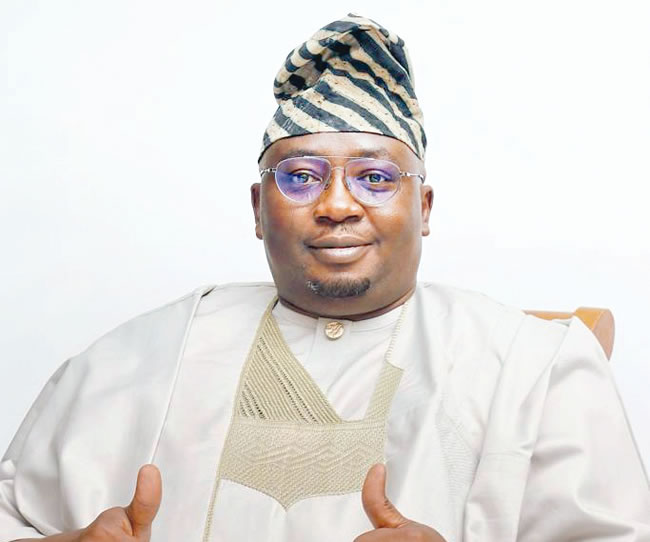



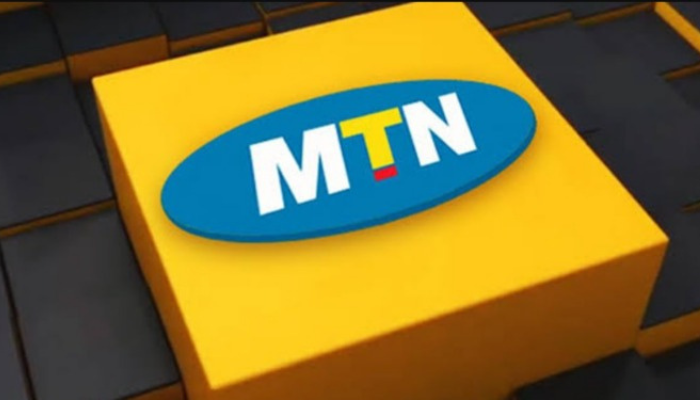
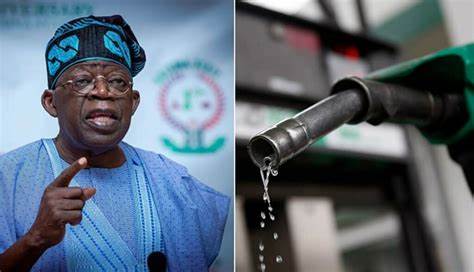
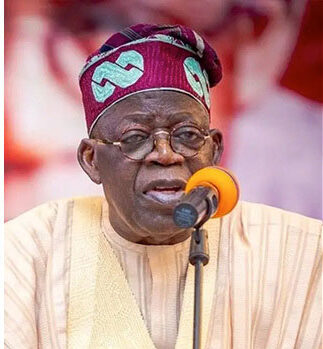



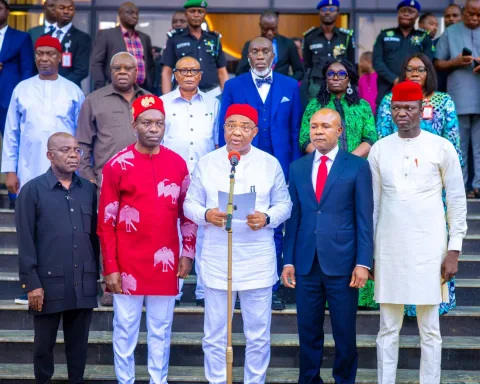




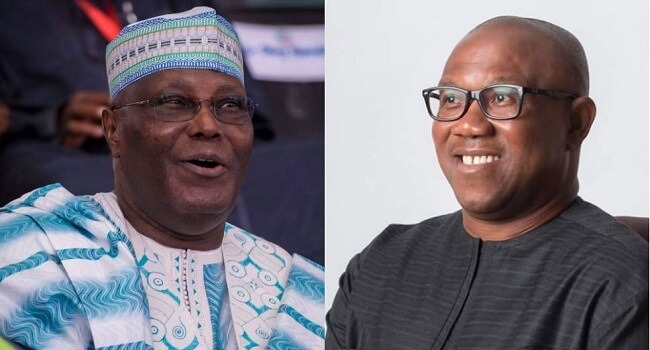
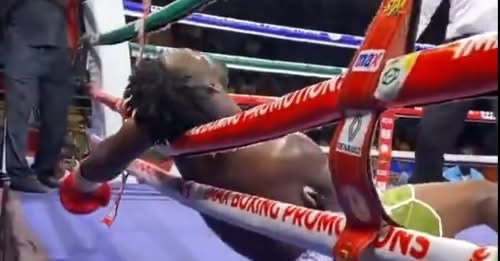
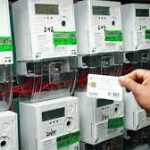
Follow Us